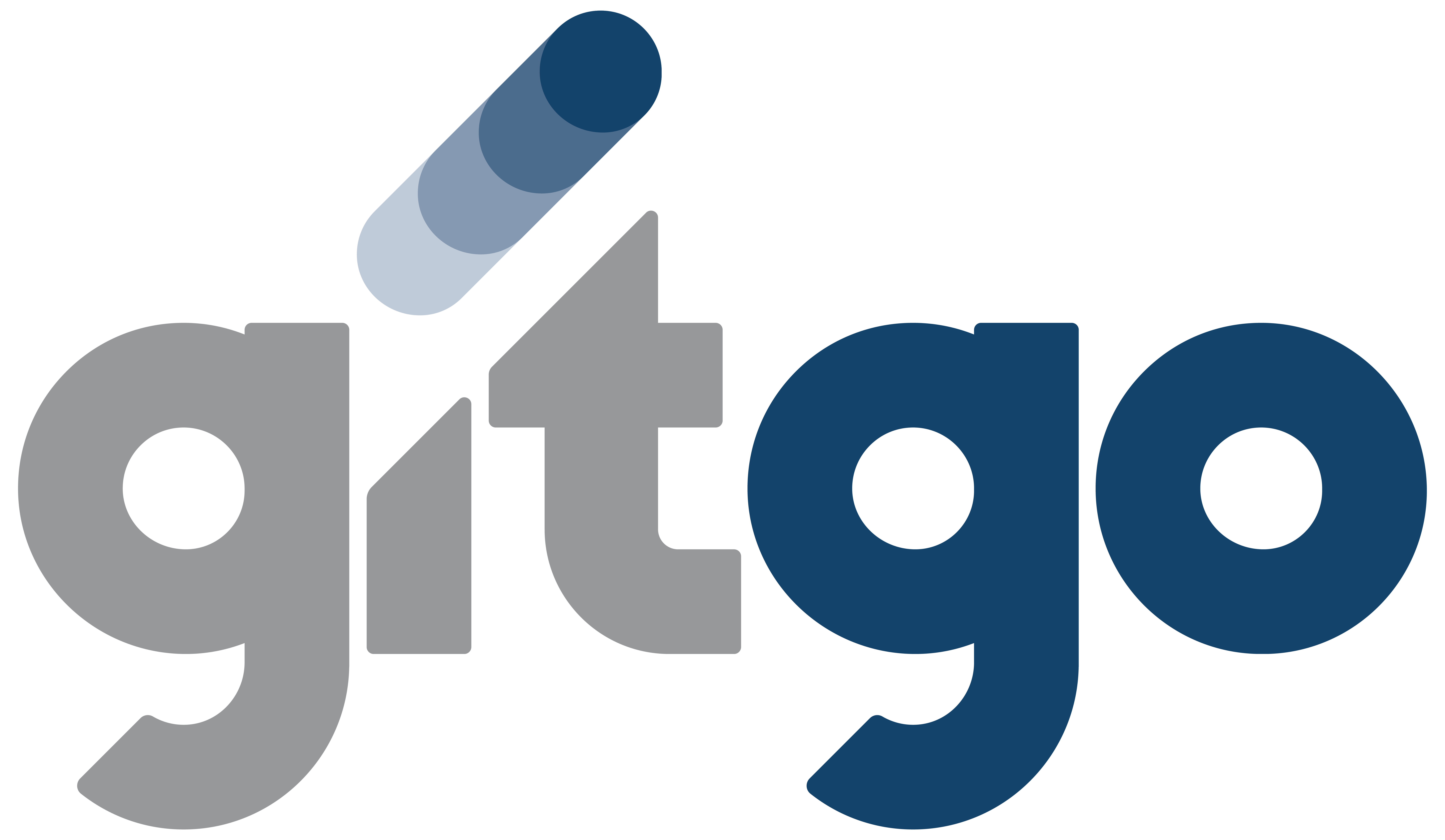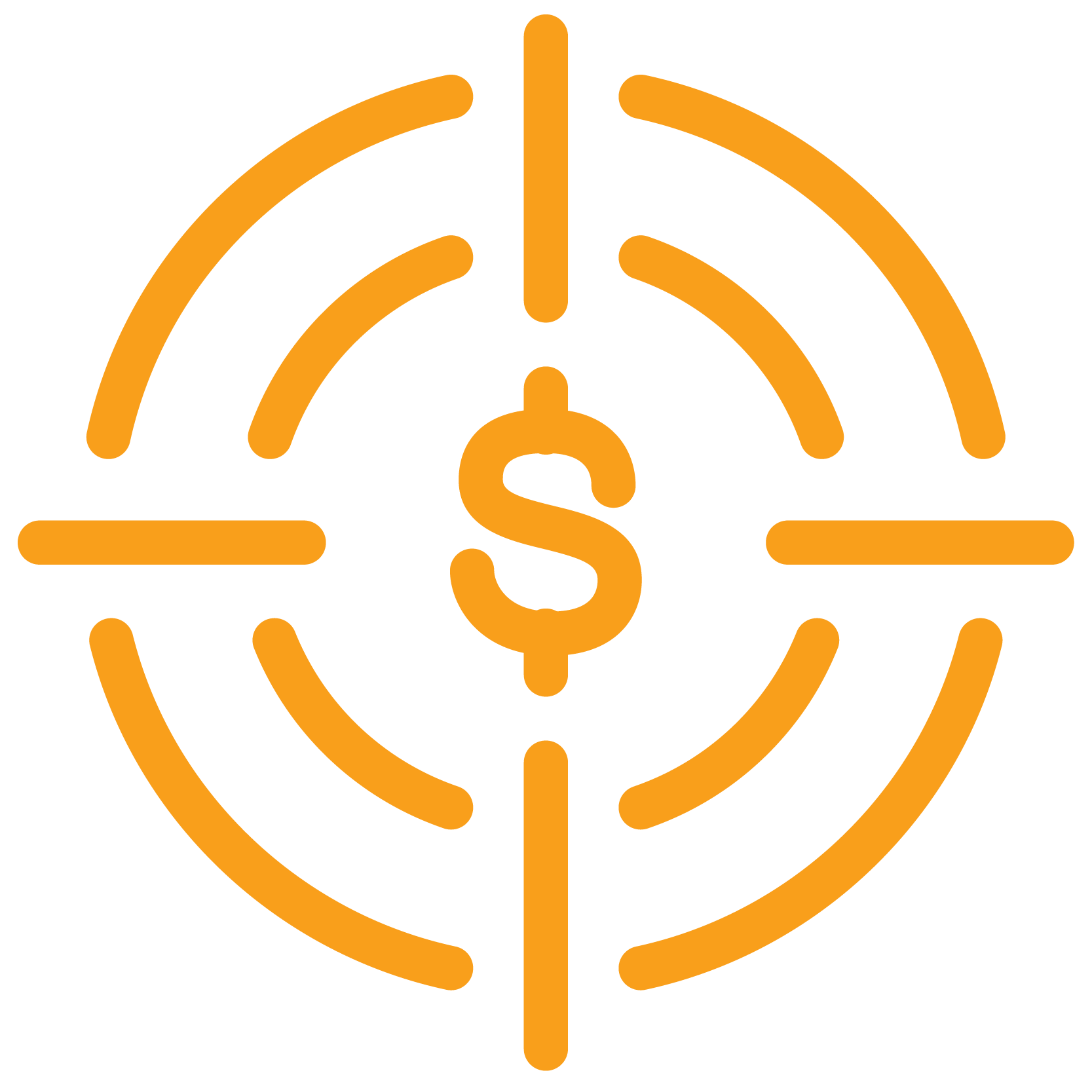Face-to-Face Sales Isn’t Dead. It Just Requires More Planning.
Breaking through the clutter with buyers is not easy in today’s intensely cluttered environment. Buyers are just plain busy, and I’ve read in many blogs that the face-to-face appointment is dead. I’m here to tell all hoteliers that is just not necessarily so. The strategic face-to-face sales appointment is alive and well! Sure, we are in a digital age where we really don’t need to see another soul from day-to-day. I could probably go weeks without actually speaking to someone or seeing anyone besides my own family. We can all hide behind email, social media posts, text messages, etc. However, based on our experience of setting hundreds of face-to-face appointments each month for our hotel partners, we know that buyers are willing to meet with vendors when it makes sense. When sales professionals present a compelling reason to do business, a buyer will listen. When sales professionals have done their homework, buyers will listen. The key is being smart and strategic and not trying to set an appointment just to meet a quota. As I always tell my team quality trumps quantity!
Our team at Plan B Consultants has a lot of experience setting sales appointments on behalf of our hotel partners. We open doors for them to customers that they may have a difficult time reaching themselves. Our team is trained to break through the noise and guide hotels to the best opportunities. It’s important when we set up a campaign with a hotel partner that we plan and prepare in order to meet expectations and in turn have as much success as possible. Here are just a few key points our team focuses on, and some guidelines to use whether setting your own appointments or delegating to an individual or team to help you out with this process:
1. Make your expectations very clear
• What does a strong piece of business look like to you?
• What is the minimum amount of business a customer must meet in order to qualify as an account?
• How do you wish to categorize your prospects (ex: Hot, Warm, Cold) and what is your definition for these categories?
• What times are you available for appointments & how do you want to be notified of a new appointment?
• What information if any do you want the potential client to review before your meeting?
• What message should the caller give the potential client regarding the benefits of meeting?
• How do you wish to confirm the appointments?
2. Understand your target market segment and geographic area
• Do your homework prior to starting the calls to ensure your targeting the right customer, in the right area and at the right time.
I can’t stress enough those three key components.
The right customer: Be certain if you’re targeting corporations in your backyard that there really ARE corporations that fit your profile in your backyard. I know…duh, right? You’d be surprised!
The right area: Understand where your hotel pulls business from. Is a 5 mile radius reasonable, or is it more like 2 miles or 10? How far will travelers go from their destination to stay at your hotel? Oftentimes this depends on how much competition is in the marketplace. Many business travelers may rather stay across the street for a few dollars more than drive a couple miles for a lower rate. It’s all about understanding what’s important, but I don’t want to get off topic here.
The right time: This is also a critical point to consider when scheduling appointments. Think about what is happening in the market. Are you trying to call and schedule appointments during Spring Break? Not only do you need to consider what will be happening when the appointments take place, but also consider what is happening when you’re calling to schedule appointments. It’s difficult to get those dates pinned down when prospects are out of the office.
3. What are your goals for the appointments?
Obviously you want to close business, but setting some broad goals and then narrowing those down through the process to pinpoint the amount of business you wish to close is important.
Example: I hope to visit 25 potential corporate customers in my backyard of 5 mile radius. A potential customer will be qualified to have a business need for a full-service hotel within a 5 mile radius from my hotel. The customer will need to have a minimum 300 roomnights transient business in my market or book at least 1 corporate group with roomnights per year in my market. My goal for the meeting is to pinpoint need dates, gain additional contacts/decision-maker names, establish a next-step with buy-in from the client.
You can go a step further and establish numbers of proposals you wish to send, and results for number of contracts and closed business. These numbers will be modified throughout the process, but I believe it’s important to write these goals down. The most successful projects are ones where there are written goals based on a realistic strategy.
How do you go about planning for sales appointments? We’d love to hear from you to see what success you’ve encountered with your own strategy.




